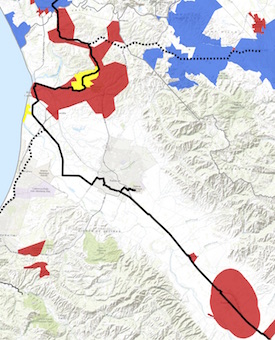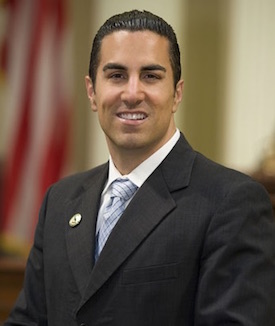Draft decision allowing Charter to buy Time Warner is a good deal for California

A plan to upgrade ancient, analog cable systems in the Salinas Valley and elsewhere in California to full digital capability could be on the California Public Utilities Commission’s agenda as soon as next week. A CPUC administrative law judge has recommended approval of Charter Communication’s proposed purchase of Time Warner and Bright House cable systems, with a long list of conditions that include digital upgrades for at least 70,000 analog homes and line extensions to 80,000 more that have no service at all.… More


![By This photo was taken by Przemysław Jahr Autorem zdjęcia jest Przemysław Jahr Wykorzystując zdjęcie proszę podać jako autora: Przemysław Jahr / Wikimedia Commons (Own work) [Public domain], via Wikimedia Commons](https://www.tellusventure.com/images/2016/3/3g_phone.jpg)




![By Parker Brothers (Parker Brothers) [Public domain], via Wikimedia Commons](https://www.tellusventure.com/images/2016/4/monopoly.jpg)

